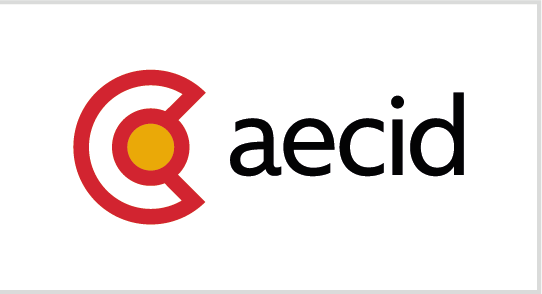Empoderamiento de mujeres, jóvenes e indígenas
Strengthening the social and economic empowerment of vulnerable women in Pili and promoting climate change resilience governance
Strengthening the social and economic empowerment of vulnerable women in Pili and promoting climate change resilience governance
Project overview
The project is the result of an identification process initiated in 2022 together with women's civil society organisations, the Municipality of Pili, the University of CBSUA, the Servants of Jesus of Charity and FRS, which allowed the intervention to be designed with the aim of strengthening the socio-economic empowerment of women in vulnerable situations, governance and climate change resilience of women in vulnerable situations in the municipality of Pili, as it was found that the economic and public participation rights of the target population are violated due to the existing gender inequalities in the region. To this end, a development strategy has been designed based on facilitating access to economic resources for women in vulnerable situations, for which a training process will be implemented to improve resilient agri-food production capacities, including the climate-smart agriculture approach, to move on to the development and implementation of business plans for productive alternatives through a cooperative organisational model, with the aim of creating 10 viable, sustainable and resilient cooperatives with the 260 women in vulnerable situations who will participate in the project.
OBJECTIVES
General Objective: Promoting the economic, social and political empowerment of vulnerable women in the Bicol region (Philippines).
Specific Objective: Strengthened socio-economic empowerment, governance and resilience to climate change of vulnerable women in Pili.
OUTPUTS
1. Pili has a gender-sensitive local municipal climate change action plan with capacity for implementation.
2. Vulnerable women with capacities for green, circular and resilient economic activities.
3. Vulnerable women form and operate 10 agri-food cooperatives.
4. Effective participation of women's cooperatives in mainstreaming development plans.
COUNTERPART
The Foundation aims to provide and promote health in order to ensure an adequate level of social welfare by supporting social health work. This work is aimed at the social inclusion of the most disadvantaged and vulnerable groups in society, with women and girls who are victims of gender violence being a priority group, guaranteeing their right to access to social health care both in the early stages of life and throughout their lives, as well as working within the mechanisms and structures of social health care, within which we can include emergency centres and shelters for women victims.





